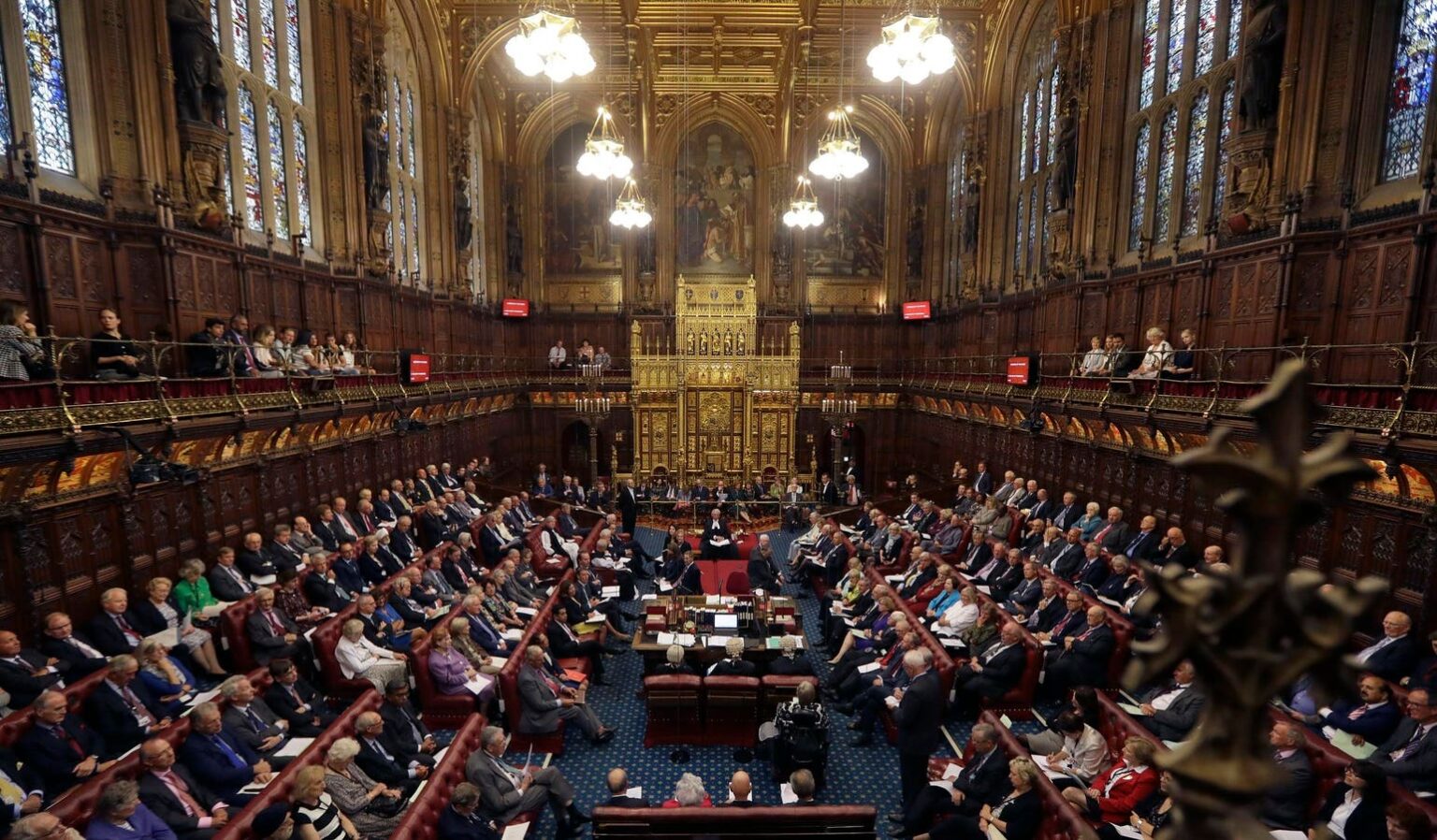Recent academic research explores a United Kingdom reform mandating large companies to disclose reports on tax strategy. The study finds that while the mandate leads to more disclosure, it does not increase overall tax transparency. It concludes that the enhanced tax disclosure requirements may not positively affect tax disclosures as intended.
Beginning in 2025, Accounting Standards Update (ASU) 2023-09, titled Income Taxes Improvements to Income Tax Disclosures, will radically change the information public companies must publicly disclose in their financial statements. The main provisions in this standard update require affected companies to provide more detailed income tax rate reconciliations, disclose more detailed information on which countries companies pay income taxes, and disaggregate income into more components of the companies operating locations. The changes reflect the largest change to financial statement tax disclosures since the onset of FIN 48 in 2007, and these disclosures are intended to enhance the transparency and usefulness of income tax disclosures.
While novel to the United States, these types of disclosures have been introduced in other countries. For example, while the OECD’s Pillar II proposal is intended to enforce a global minimum tax, the requirements also include enhanced tax-related disclosure requirements. Many of these disclosure requirements are not unlike those required under ASU 2023-09, such as more information about the company’s effective tax rates.
Similarly, in 2016, the United Kingdom issued the UK Finance Act, requiring entities to publish their tax strategy and policy in conducting their tax affairs. Recent research in the Journal of Accounting Research explores this significant change to tax disclosure to understand the economic consequences.
In a study titled “Tax Strategy Disclosure: A Greenwashing Mandate?” researchers examined a sample of 1,183 United Kingdom-headquartered multinational observations spanning 206 unique corporations. Among these companies, 69 provided a tax strategy report under the UK Finance Act, while the remaining 137 companies did not have to provide the disclosures. The study investigates whether mandating these disclosures improves transparency and curbs tax avoidance. This article is co-authored by Katarzyna Bilicka of Utah State University, Elisa Casi of NHH Norwegian School of Economics, Carol Seregni of The Wharton School, and Barbara Stage of WHU—Otto Beisheim School of Management.
In discussing the motivation for the research, Casi says, “Governments increasingly rely on disclosure regulations to induce changes in corporate behavior. They expect these rules to work through “naming and shaming”. However, it is unclear whether public scrutiny always works.” She goes on to say, “Our interest was sparked by PwC reports highlighting the surprisingly high volume of voluntary tax-related qualitative disclosures among FTSE100 firms in the UK. This led us to explore how such disclosure practices changed when a regulatory reform made them mandatory. We set out to better understand how external forces influence both firms’ actual tax behaviors and their qualitative tax disclosures. In particular, we wanted to examine whether public pressure could drive real behavioral change in the context of non-numerical, qualitative disclosures, as the regulator had hoped.”
The study first shows that companies increased the volume of tax disclosures by as much as 27% following the reform. However, the impacted companies also reduced the quality of their tax disclosures. In discussing how the study measures this, Casi says, “We developed a novel machine learning classifier based on a Naïve Bayes algorithm that identifies and categorizes tax strategy-related sentences from annual reports. We used the results produced by that classifier to calculate the volume and quality of these disclosures—specifically, the use of boilerplate language and the level of specificity—using established textual analysis techniques.” The study also goes on to provide evidence that overall tax planning activities are not statistically impacted by companies having to disclose these tax strategy reports.
The paper concludes that the increase in disclosure can potentially reflect greenwashing-like behavior as the increased disclosure is not met with an increase in informative information. “Our study highlights that without verifiable information… qualitative disclosures alone are unlikely to drive meaningful corporate behavioral change. Our findings can inform policymakers designing disclosure mandates to require information that is verifiable and not susceptible to strategic, boilerplate reporting,” says Casi.
As firms headquartered in the United States move closer to adopting the new tax disclosure requirements, it is important that they, along with their stakeholders, carefully consider the information being presented. As suggested by the empirical findings from Bilicka, Casi, Seregni, and Stage, some of this enhanced tax information disclosure could be boilerplate and reflect greenwashing rather than substantive information. Furthermore, in light of the study’s findings, the Financial Accounting Standards Board will want to carefully monitor the efficacy of the new tax disclosures in their post-implementation review to mitigate concerns associated with companies lowering the quality of their tax disclosures.
Read the full article here

